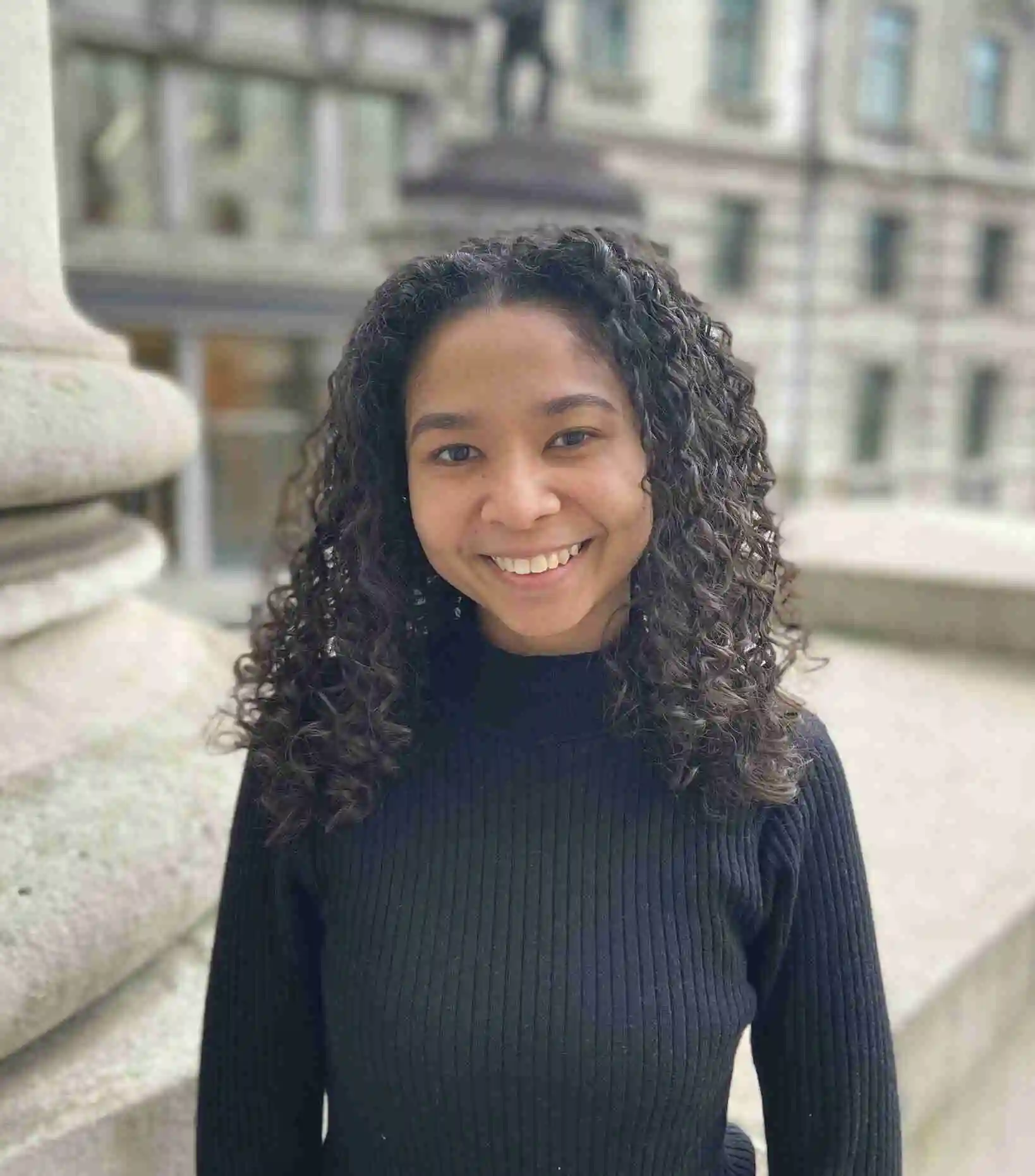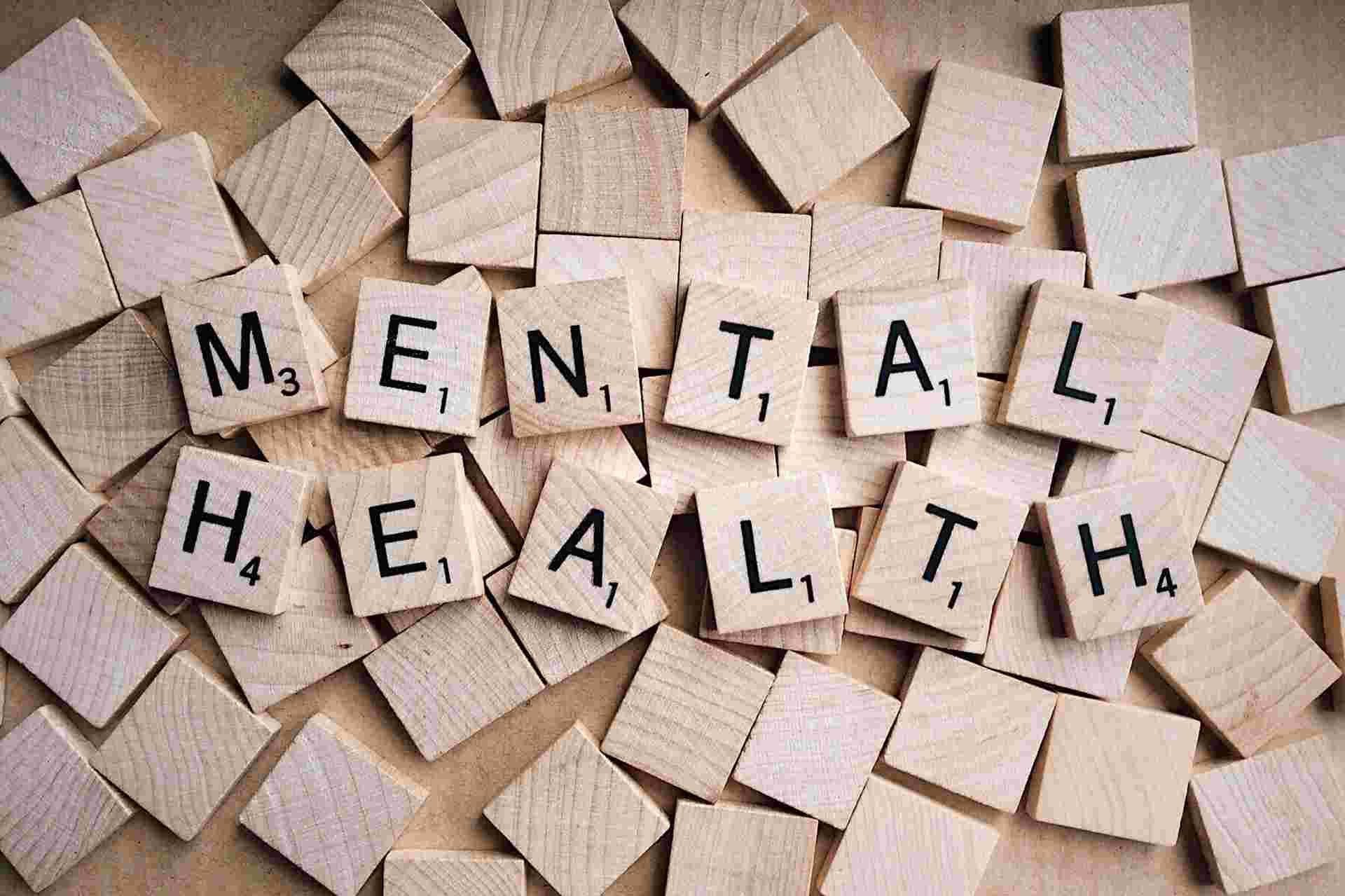Recognizing when a child or young person is struggling with their mental health can be challenging, but there are key signs to look for. One in eight children and young people experience behavioral or emotional problems, and while some issues resolve with time, others require professional help. It’s important to be aware of the signs and know how to provide support.
Signs that something is wrong
It can be difficult to know if something is upsetting a child or young person, but there are ways to spot when something’s wrong. Look out for:
- significant changes in behaviours
- ongoing difficulty sleeping
- withdrawing from social situations
- not wanting to do things they usually like
- self-harm or neglecting themselves
It is important to remember, everyone feels low, angry or anxious at times. But when these changes last for a long time or are significantly affecting them, it might be time to get professional help.
Find out more about our mental health services
Top tips to support children and young people
-
Be there to listen
Regularly ask how they are doing so they get used to talking about their feelings and know there’s always someone to listen if they want it. It is also important to create a space where they will open up.
-
Support them through difficulties
Pay attention to their emotions and behaviours, and try to help them work through difficulties. It’s not always easy when faced with challenging behaviour, but try to help them understand what they’re feeling and why.
-
Stay involved in their life
Show interest in their lives and the things important to them. It not only helps them value who they are but also makes it easier for you to spot problems and support them.
-
Encourage their interests
Being active or creative, learning new things and being a part of a team help connect us with others and are important ways we can all help our mental health. Support and encourage them to explore their interests, whatever they are.
-
Take what they say seriously
Listening to and valuing what they say, without judging their feelings, in turn, makes them feel valued. Consider how to help them process and work through their emotions more constructively.
-
Build positive routines
We know it still may not be easy, but try to reintroduce structure around regular routines, healthy eating and exercise. A good night’s sleep is also really important – try to get them back into routines that fit with school or college.
Online sources of support
Lots of general advice and support can be found online.
For more general advice, see our information on mental health and wellbeing, which includes advice about:
- talking to children about feelings
- spotting signs of depression in children and teenagers
YoungMinds
YoungMinds offers free confidential online and telephone support to anyone worried about the emotional and mental wellbeing of a child or young person up to the age of 25.
MindEd for families
MindEd for families is a branch of MindEd, intended to support parents and those caring for children and young people.
Although MindEd is aimed at professionals, parents and carers may also find the information helpful.
Royal College of Psychiatrists
You can also find out more by exploring the Royal College of Psychiatrists’ leaflets for parents and young people.
These include mental health information tailored for young people, parents, teachers and carers.
When to seek professional help?
There’s a difference between feeling a bit low from time to time and a serious emotional health problem.
If your child is feeling unhappy and low for a prolonged period, or if you have any other serious concerns about your child or young person, it’s time to seek more professional help.
Any professional working with children and young people should know what to do. You may find it helpful to speak to:
- your GP
- someone you trust at school or college – for example, a teacher, pastoral lead, school nurse or special educational needs co-ordinator (SENCO)
- health visitors
- children’s centres
How can Cavendish Homecare help?
At Cavendish Homecare we are experts in providing paediatric homecare for clients who want to remain in their own homes. When it comes to your health and well-being, choosing the right homecare package is of utmost importance and navigating this process can be overwhelming. With Cavendish Homecare by your side, you’ll have the support you need to remain safely at home while enjoying elevated health and wellbeing.
If you would like to enquire about our homecare services, contact us on, 02030085210 or email us at info@cavendishhomecare.com.

About the Author…
Zahrah Abdullah
Operations Coordinator
Zahrah supports the day-to-day operations, combining her management expertise and care experience to keep things running smoothly and ensure the best outcomes for clients. She’s passionate about making a meaningful difference behind the scenes and helping the team deliver exceptional personalised care.
 Back
Back